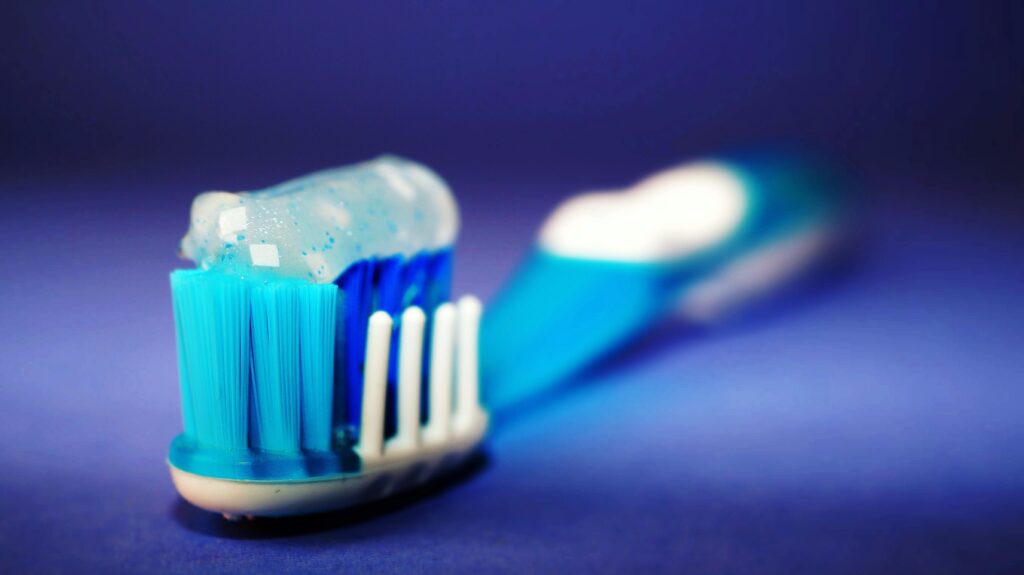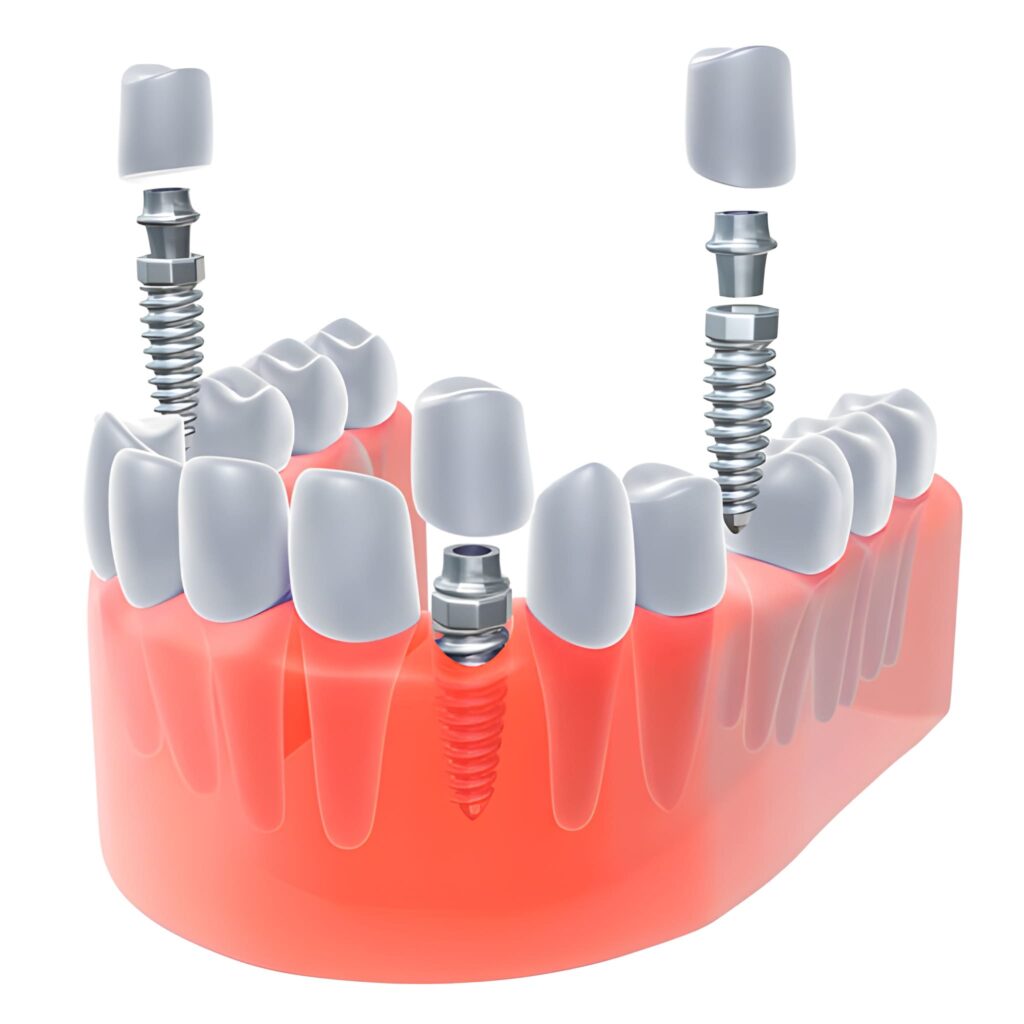Emergency Dental Care in Jacksonville, FL
When a dental emergency strikes, fast and professional care can make the difference between saving or losing a tooth. Whether it’s a severe toothache or a knocked-out tooth, prompt action, and the right knowledge are crucial. At Jacksonville Dental Excellence, we provide urgent dental care tailored to your immediate needs.
What to Do in a Dental Emergency
Remain calm and assess the situation. Contact your emergency dentist right away. In the meantime, follow the home care steps outlined below for common dental emergencies. Quick action can reduce pain, prevent complications and lead to a better outcome.
The Most Common Dental Emergencies
Toothache
A persistent toothache could point to an infection or decay. Rinse your mouth with warm salt water, use over-the-counter pain relief and see your dentist promptly.
Chipped or Cracked Tooth
If your tooth is chipped or cracked, avoid biting on it. Rinse your mouth and hold a cold compress to your cheek to reduce swelling. Collect any broken fragments and bring them to the appointment.
Very Sensitive Teeth
Sudden or severe sensitivity to hot and cold can signal underlying problems such as enamel loss, decay, or gum recession. Professional evaluation is important to address the root cause.
Knocked-Out Permanent Tooth
Handle the tooth by the crown, not the root. Rinse it gently without scrubbing. Try to place it back into the socket or store it in milk or saliva. Seek immediate dental care—every minute counts.
Lost Filling or Crown
If a crown falls off, clean the area and attempt to reattach it using toothpaste or dental cement. For a lost filling, sugar-free gum can temporarily seal the cavity. See your dentist quickly to prevent further damage.
Broken Denture or Dental Appliance
A broken denture or orthodontic appliance can be uncomfortable and disrupt function. Avoid DIY fixes and bring the damaged item in for professional repair or replacement.
Loose Permanent Tooth
A loose adult tooth is often a sign of trauma or gum disease. Do not wiggle it further. Get assessed urgently to maximise your chances of saving the tooth.
Injury to the Gums, Lips or Tongue
Clean the wound gently and apply light pressure with sterile gauze to stop bleeding. Use a cold compress to limit swelling. If bleeding is uncontrollable, head to an emergency room.
Jaw Pain or Clenching
Persistent jaw pain could indicate TMJ disorders or teeth grinding. Apply ice and avoid chewing on hard foods. A dental evaluation will diagnose and treat the issue.
Something Stuck Between Teeth
Use dental floss to gently dislodge stuck items. Avoid sharp objects. If unsuccessful, contact your dentist for safe removal.
Dental Abscess or Infection
Painful swelling, pus, or fever may indicate a serious infection. Rinse with salt water and seek immediate dental attention. Untreated infections can spread quickly and become life-threatening.
Broken Wires and Braces
Use orthodontic wax to cover sharp edges and prevent soft tissue injury. Avoid pulling on wires. Contact your orthodontist or emergency dentist for repairs.
When to Contact an Emergency Dentist
If you’re in severe pain, have uncontrolled bleeding, or a tooth has been knocked out or broken, don’t delay—call an emergency dentist immediately. Timely action often results in better treatment and recovery outcomes.
Caring for Your Smile During an Emergency
Until you can visit the dentist, temporary pain management and gentle oral care can prevent issues from worsening. Always follow any instructions given over the phone by your emergency provider.
Understanding the Cost of Emergency Dentistry
Every Emergency is Different
Costs vary depending on the complexity of the treatment. Minor issues like a filling are more affordable than root canals or extractions. A thorough exam provides a clear quote.
Does Dental Insurance Cover Emergencies?
Many dental insurance plans cover at least part of emergency treatments. Check with your provider or the dental team to understand your policy’s coverage options.
Other Affordable Options
Most practices offer payment plans or third-party financing to help make emergency care affordable without compromising your oral health.
Preventing Dental Emergencies
Keep Regular Dental Appointments
Routine check-ups allow your dentist to catch issues early before they escalate into serious emergencies.
Stick to a Proper Oral Hygiene Routine
Brush twice daily, floss, and use mouthwash to prevent decay and gum disease.
Eat Healthy, Tooth-Friendly Foods
Avoid sugary and acidic foods. Incorporate calcium-rich options to strengthen enamel and support gum health.
Wear a Mouthguard
If you play contact sports or grind your teeth at night, a mouthguard can prevent fractures, loosening, or tooth loss.
Use Tools, Not Teeth
Teeth are not designed for opening bottles or packages. Use appropriate tools to prevent damage or injury.
Why Choose Jacksonville Dental Excellence for Emergency Dental Care?
Our clinic is equipped with advanced diagnostic tools and compassionate professionals dedicated to relieving your pain quickly and efficiently. We aim to restore your comfort and oral health with minimal waiting and maximum care.
Visit Us
If you’re experiencing a dental emergency, don’t hesitate. Our team is ready to provide urgent care to get you smiling again.
Our Hours
We offer flexible weekday hours with emergency slots reserved for same-day appointments. Contact our practice to confirm availability and get seen as soon as possible.
FAQs
Will my toothache go away on its own?
Toothaches rarely resolve without treatment. Even if the pain subsides, the underlying problem may persist. Prompt care is essential.
Should I go to the emergency room?
You should visit A&E only if you have severe bleeding, facial trauma, or swelling affecting your breathing. For most dental issues, contact an emergency dentist instead.
What if my child knocks out a baby tooth?
Do not try to reinsert the tooth. Contact your dentist to ensure there’s no injury to the underlying permanent teeth or gum tissue.
Which over-the-counter pain medicine should I take?
Ibuprofen is generally effective for dental pain. Follow the dosage guidelines and avoid medication containing aspirin if there’s bleeding.
What should I include in a dental first aid kit?
Include gauze, dental wax, a small container, sterile gloves, over-the-counter pain relief, and the contact number of your emergency dentist.





